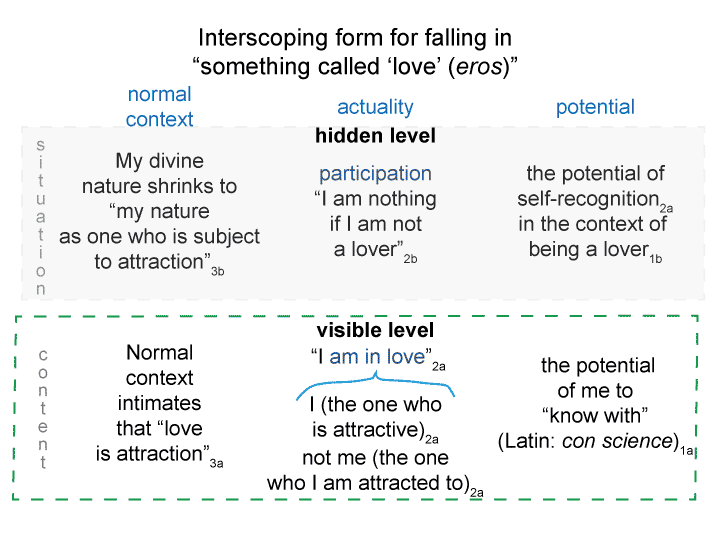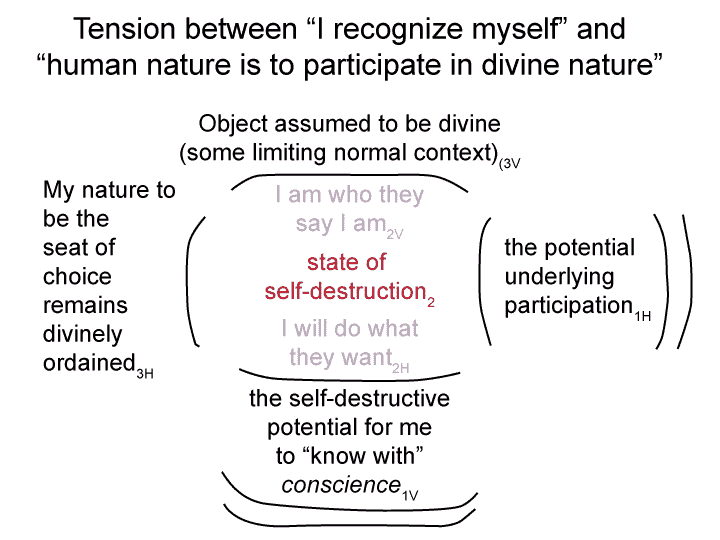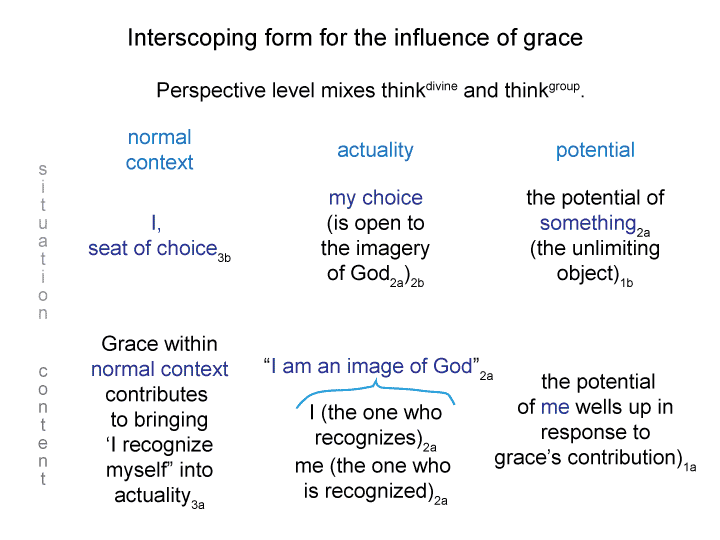[Look how the word ‘free’ has turned on the wheel of a changing symbolic order.
What happened to the ‘free eros’ acclaimed in the 1960s?
The word ‘free’ no longer implies ‘independence, responsibility, personhood, and grace’. It suggests ‘without cost to the user’.
‘Free eros’ became sex without commitment.
‘Free agape’ fared no different. ‘Free healthcare’ exemplifies ‘free agape’.
The original meaning underlying the word ‘freedom’ gave the slogans ‘free love’ (eros) and ‘free healthcare’ (agape) a real (though diminishing) association to independence, responsibility, personhood and grace.
Now, 50 years later, Schoonenberg’s assertions ring true.
‘Free love’ sounds like ‘the procreative acts of animals, without the procreation, of course.’
‘Free healthcare’ sounds like ‘standing in line to redeem a government coupon’.]



